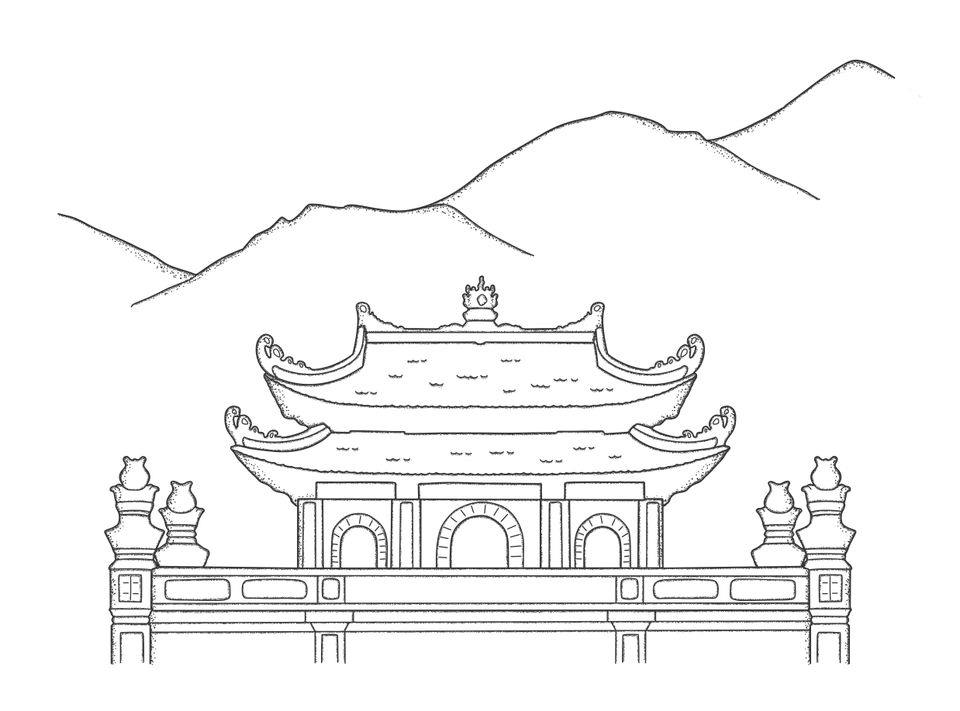Retreat

I am at a four-day silent retreat this week at our local Buddhist monastery in the Rocky Mountains west of Denver. The guideline is that we leave all electronic devices at home, so I am writing this shortened newsletter before the retreat starts on Thursday afternoon.
I wonder how I will experience four days of silence. I wrote about silence back in November, and how holding silence together encourages us all to give each other the space our shy souls need to come out of their secret hiding places and reveal themselves.
A week or two back our sangha sent round a note with guidance on holding silence. It starts by quoting Thich Nhat Hanh.
Silence is essential. We need silence, just as much as we need air, just as
much as plants need light. If our minds are crowded with words and thoughts, there is no space for us.
The guidance notes that holding silence can be difficult and uncomfortable at first, especially if we are not practiced in it. Most people, however, "come to cherish the silence of retreat."
Even those who were intimidated by it in the beginning often find such peace in the silence that they are reluctant to give it up at the end. As people become aware of its richness, they come to look forward to silence rather than fear it.
Retreat silence has many benefits. Because social conversation keeps the mind active, periods of not talking help the mind rest. Silence settles the many emotions that are activated by talking, listening, and even in the anticipation of talking. As our mental and emotional lives calm down, our bodies relax.
Silence allows for a heightened sense of intimacy with the world. In sustained silence our senses become more acute, and both the inner and outer world can appear to us with greater clarity. For example, we may begin to notice the birdsong we previously failed to hear, or we may tune in to our quieter thoughts, which normally get drowned out.
For most people, the silence of a retreat creates a space in which they can see themselves more clearly. Rather than being actively distracted by work, relationships, the internet, music, or various external events, they have an opportunity to notice overlooked feelings and concerns.
Retreats are also a great place to discover what Buddhism calls “noble silence.” This is a beautiful state of mind that comes when discursive thinking has stopped. Discursive thinking refers to thought that proceeds like an inner discourse in our own minds. It may be imagining conversations with others, remembering past conversations, or talking to ourselves. It may involve abstract, analytical thinking about what is happening in the present moment. As discursive thinking quiets down, the mind becomes more peaceful. As agitation decreases, desire and aversion lessen. When this inner stilling is accompanied by confidence, purity, and equanimity then the mind is said to experience the fullness of “noble silence.”
I am in need of noble silence. We had to put down our beloved dog Yuki this week. I am so filled up with sadness that there seems to be no space inside me for anything else. We were there, crying, holding her and calming her when the vet (who was also crying) injected the drugs that sedated her and stopped her heart. She was the kindest, most gentle, most loving creature I have ever met. She had a beautiful, radiant soul.
Thay Tinh Man spoke at the monastery this week about our teachers—holy people whose lives contain the deepest lessons about how to live, but also our everyday companions, our colleagues, partners, children, those who walk our path with us. These everyday teachers can be cats and dogs too, said Thay.
Yuki taught me many things. Most of all, she taught me unconditional love. I think of love as a sincere, best effort to understand someone other than ourselves as a separate, sovereign being—an attempt, however daunting and difficult, at understanding another as other. Yuki did that freely, spontaneously, without judgment, in her own non-verbal, embodied, felt-sense, doggy way. This weekend, I shall put my hands together and pray for her soul's continuation.
